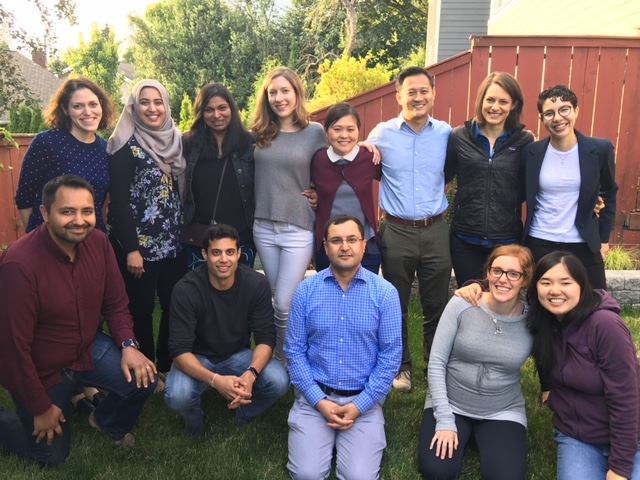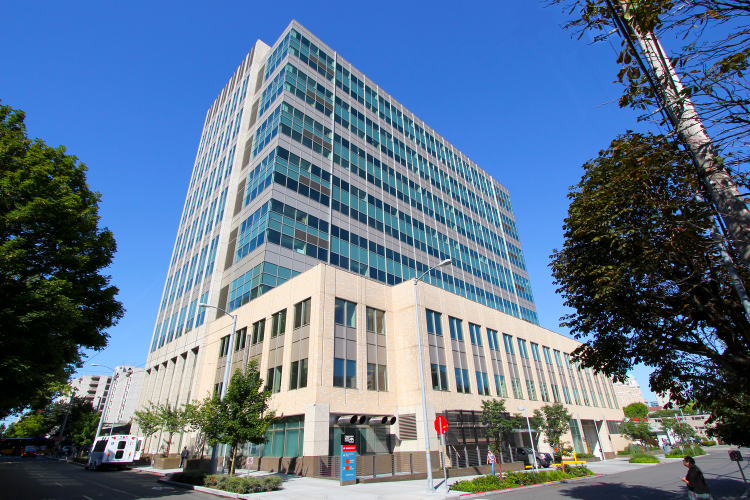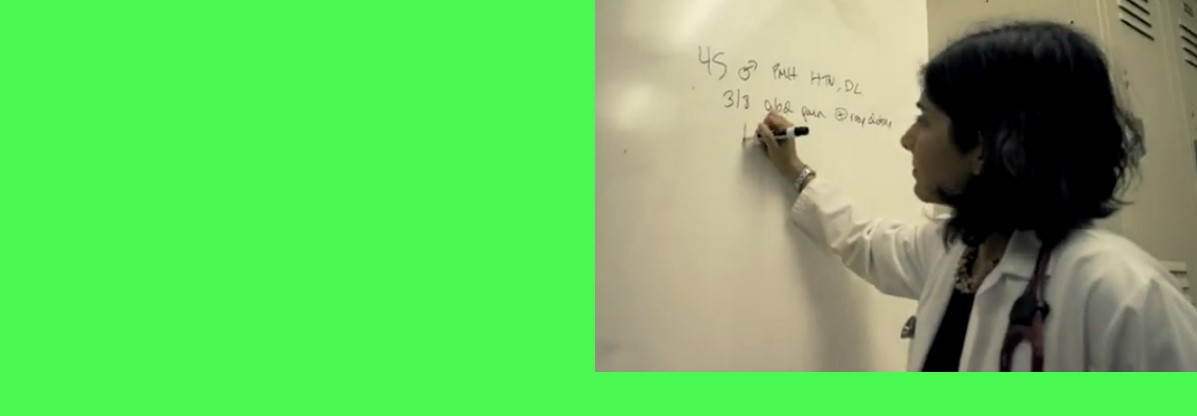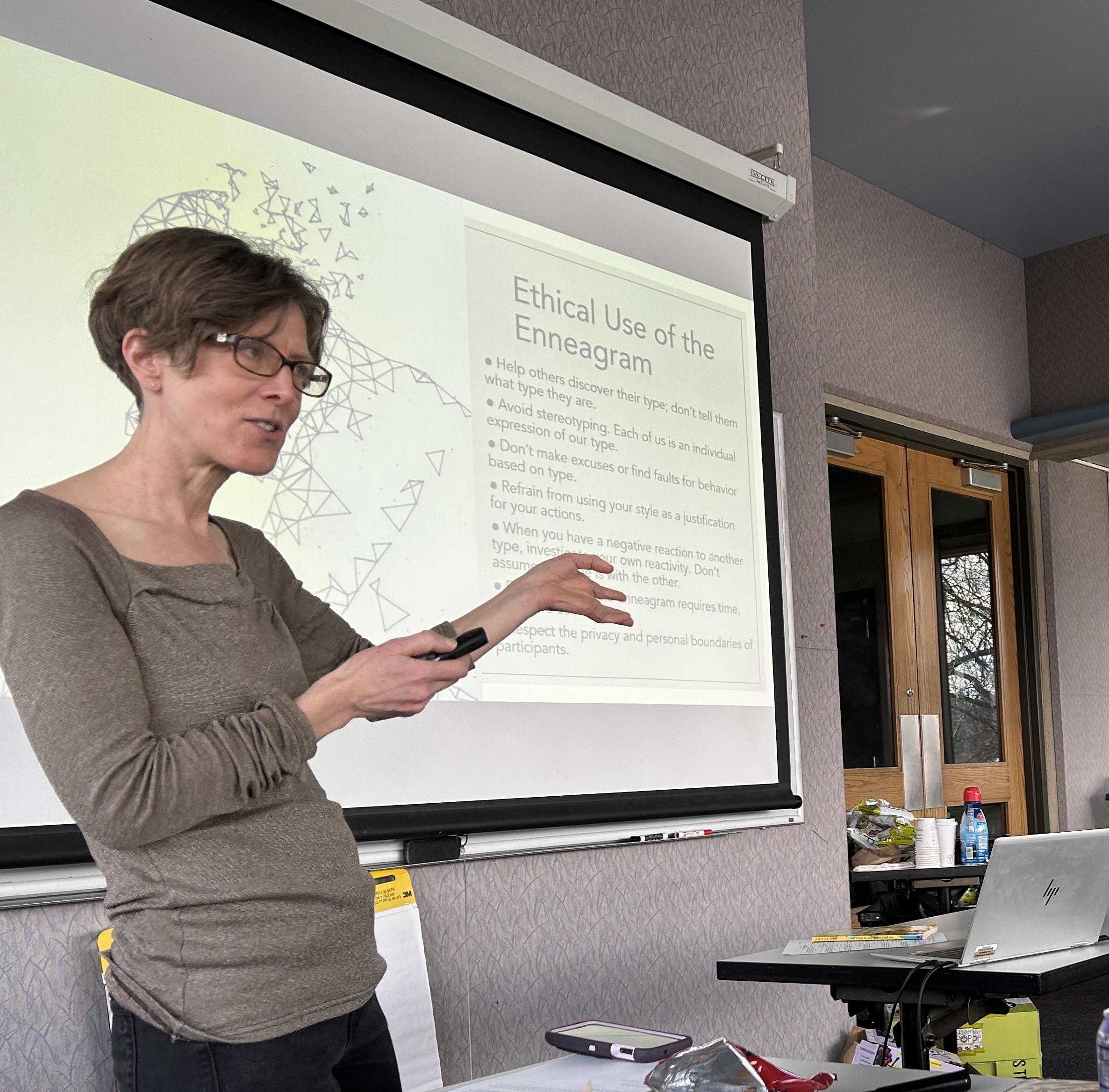Overview
Training the future generation of kidney researchers is a central mission of UW Nephrology and the Kidney Research Institute.
Our research trainees have access to expansive kidney research 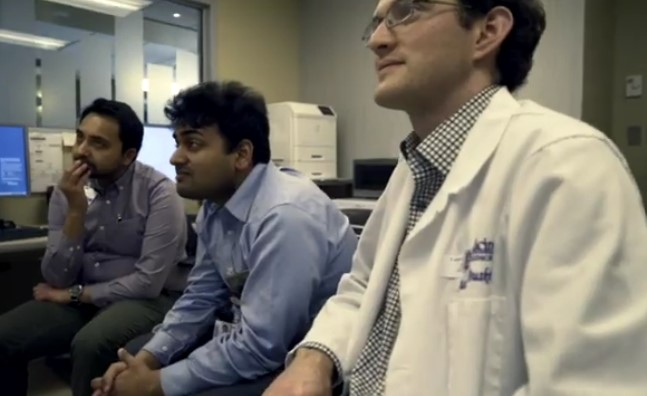 infrastructure to lead studies across the spectrum of disease (including acute kidney injury, glomerular disease, chronic kidney disease, and end-stage kidney disease) and methodology (including but not limited to health services, epidemiology, clinical trials, physiological models and more.)
infrastructure to lead studies across the spectrum of disease (including acute kidney injury, glomerular disease, chronic kidney disease, and end-stage kidney disease) and methodology (including but not limited to health services, epidemiology, clinical trials, physiological models and more.)
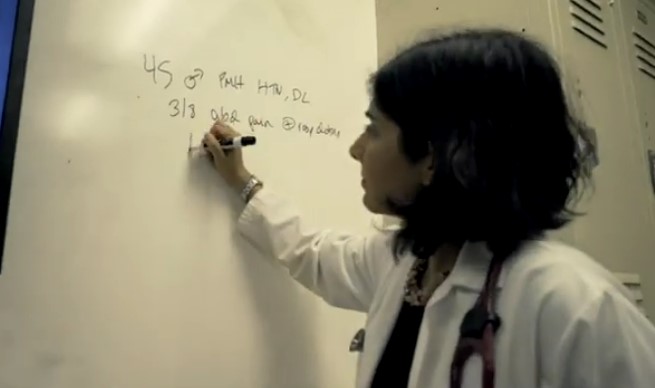
Training in kidney disease-related research has been supported by an NIH-funded T32 program since 1985. Since 2024, our research trainees are supported by a NIDDK U2C/TL1 award.
Research fellows complete at least two years of dedicated research training in clinical, basic, or translational sciences with a guaranteed 75% of protected time. The program has a strong record of success in transitioning research trainees to career development awards.
NIDDK U2C/TL1 Award
Northwest Comprehensive Research Training in Kidney, Urologic and Hematologic Sciences (NCOR-KUH) Program
Research Training Activities
UW and the KRI are dynamic, interactive, and supportive environments for research trainees.
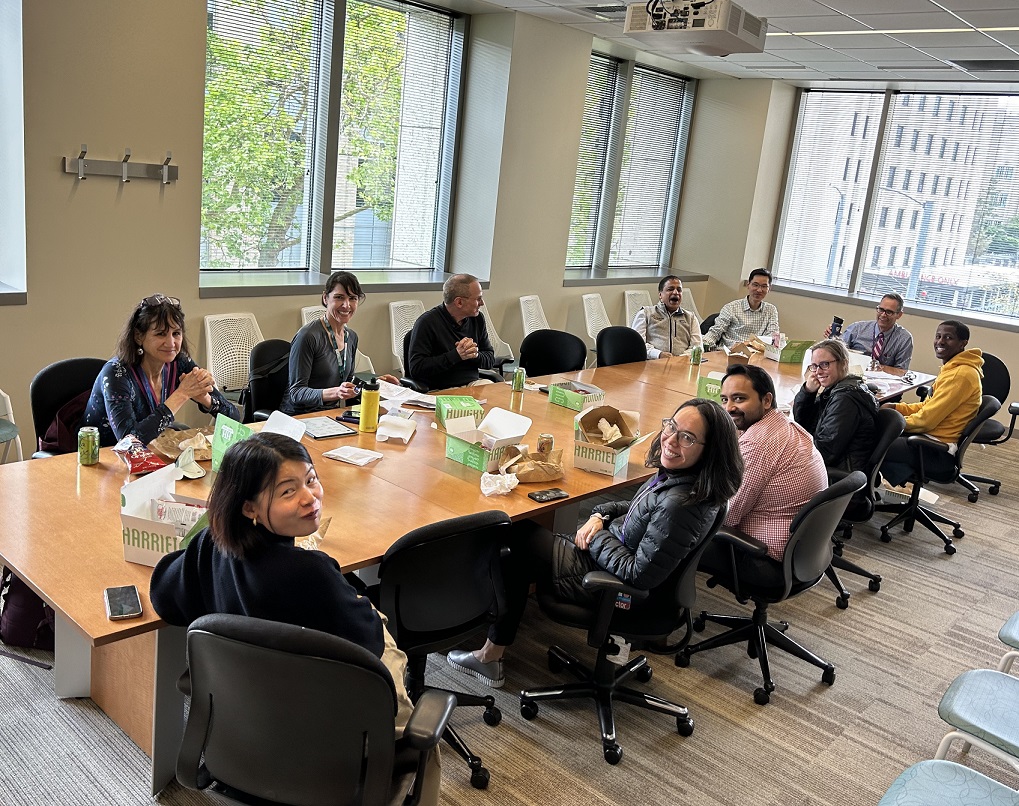
There are numerous activities to enhance research professional development and success for our trainees, including:
- Weekly inter-disciplinary works-in-progress seminar (Thursdays 3-4 pm)
- Weekly biostatistics office hours (Thursdays 9-10 am)
- Peer and near-peer mentorship
- Mock study sections
- Summer R bootcamp
- Monthly mechanisms of disease seminar
- Annual research trainee retreat (August)
- Annual Scientific Advisory Committee meeting
- Annual Patient Advisory Committee meeting
- Research methods longitudinal course (Spring)
- Annual Department of Medicine “Surviving and Thriving the Research Years” course
- Career development sessions
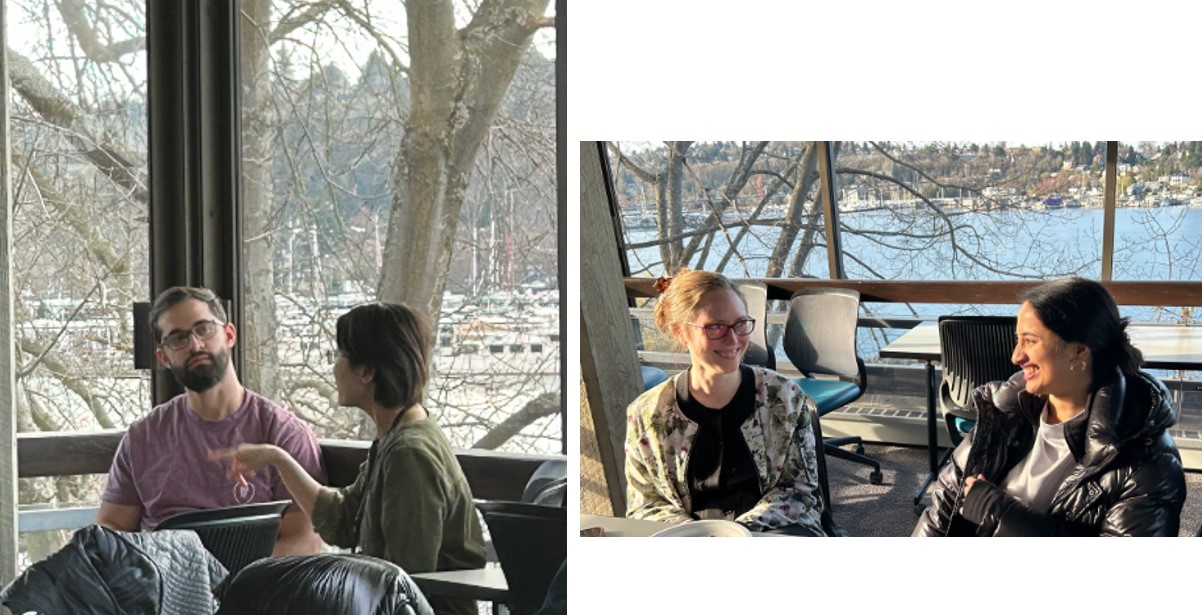
Research Training Support 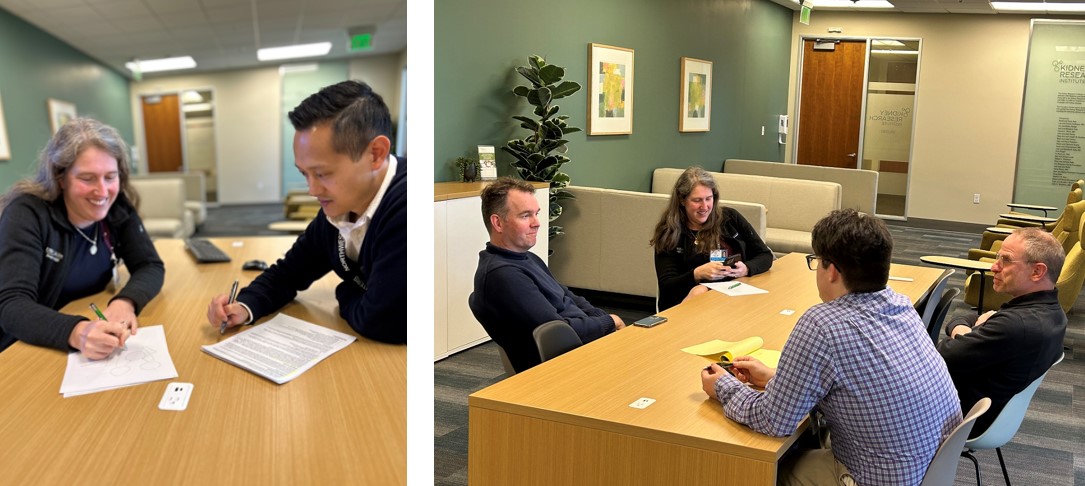
Research trainees have access to a wealth of resources.
- Mentors across the UW ecosystem, across disciplines, including KRI Investigators and UW Nephrology Faculty
- Access to numerous international and national datasets
- Biostatisticians

Research Scientist, KRI

- Laboratory Medicine
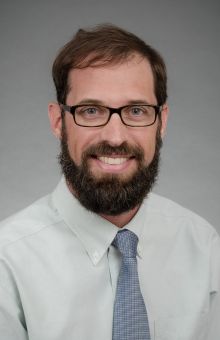
Research laboratory run by Andy Hoofnagle, MD, PhD
- Grants - Internal small grants program
- Research Staff - project managers, regulatory specialists, and research coordinators
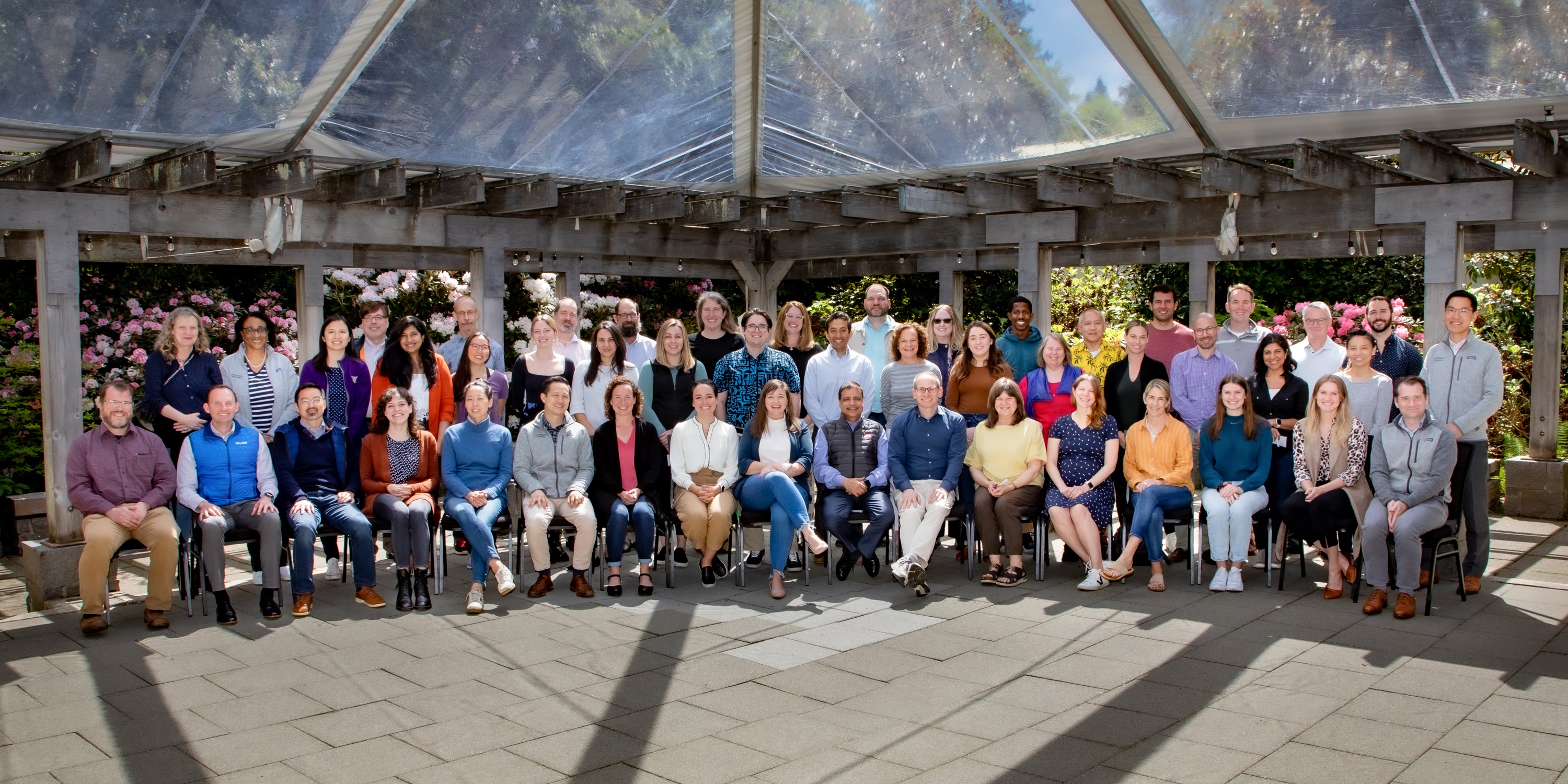
Trainee Coursework
Research trainees may pursue formal coursework leading to a certificate or Master's degree (MPH or MS) in the UW School of Public Health, recently ranked #3 globally.
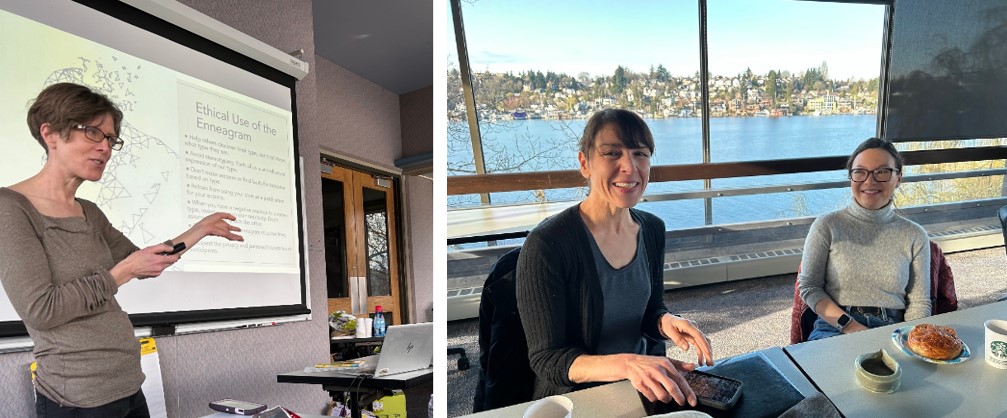
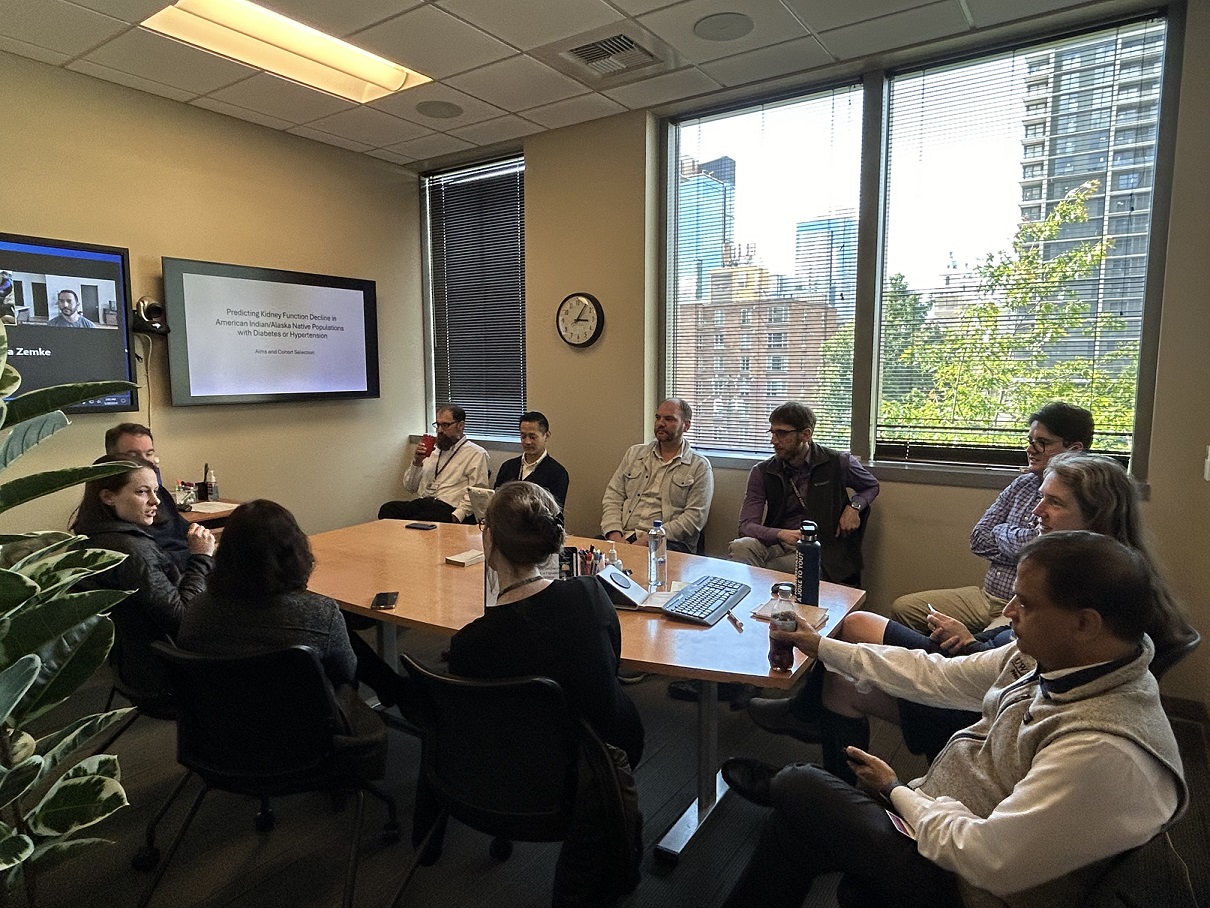
Research trainees may also pursue formal didactic training in clinical, translational, and basic research methods at the UW Graduate School.
- School of Public Health MS in Epidemiology (Clinical and Translational Research Track)
UW Nephrology Research Fellows
| Name | Training Track | Mentor |
|---|---|---|
|
Clinical Research |
||
|
Clinical Research |
||
|
Basic Science |
| Name | Status |
|---|---|
|
Current |
|
|
Completed |
|
|
Completed |
We are grateful for the generous support of the Mount Baker Foundation and its gift to the Kidney Research Institute. The Mount Baker Foundation Legacy Committee works to improve the quality of life for people with kidney disease, prevent diabetes, and foster innovation in kidney research and dialysis. The Mount Baker Foundation also supports research within the UW Nephrology fellowship program.
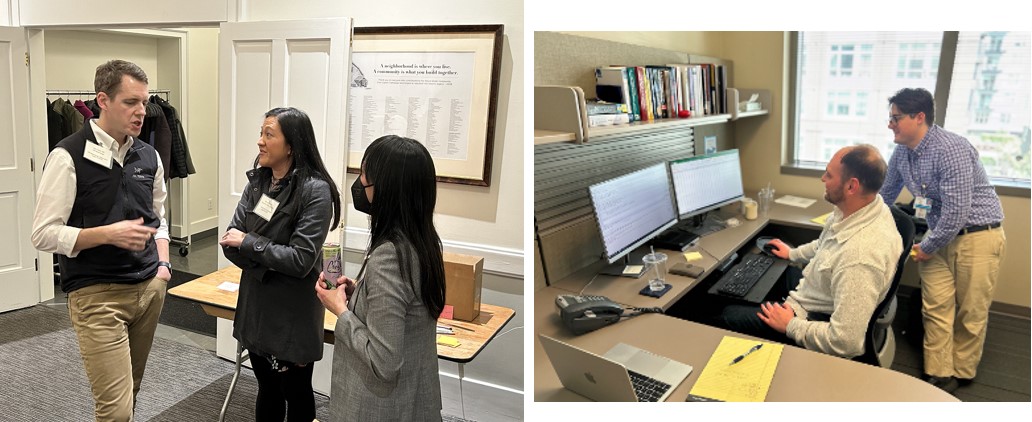
Leadership
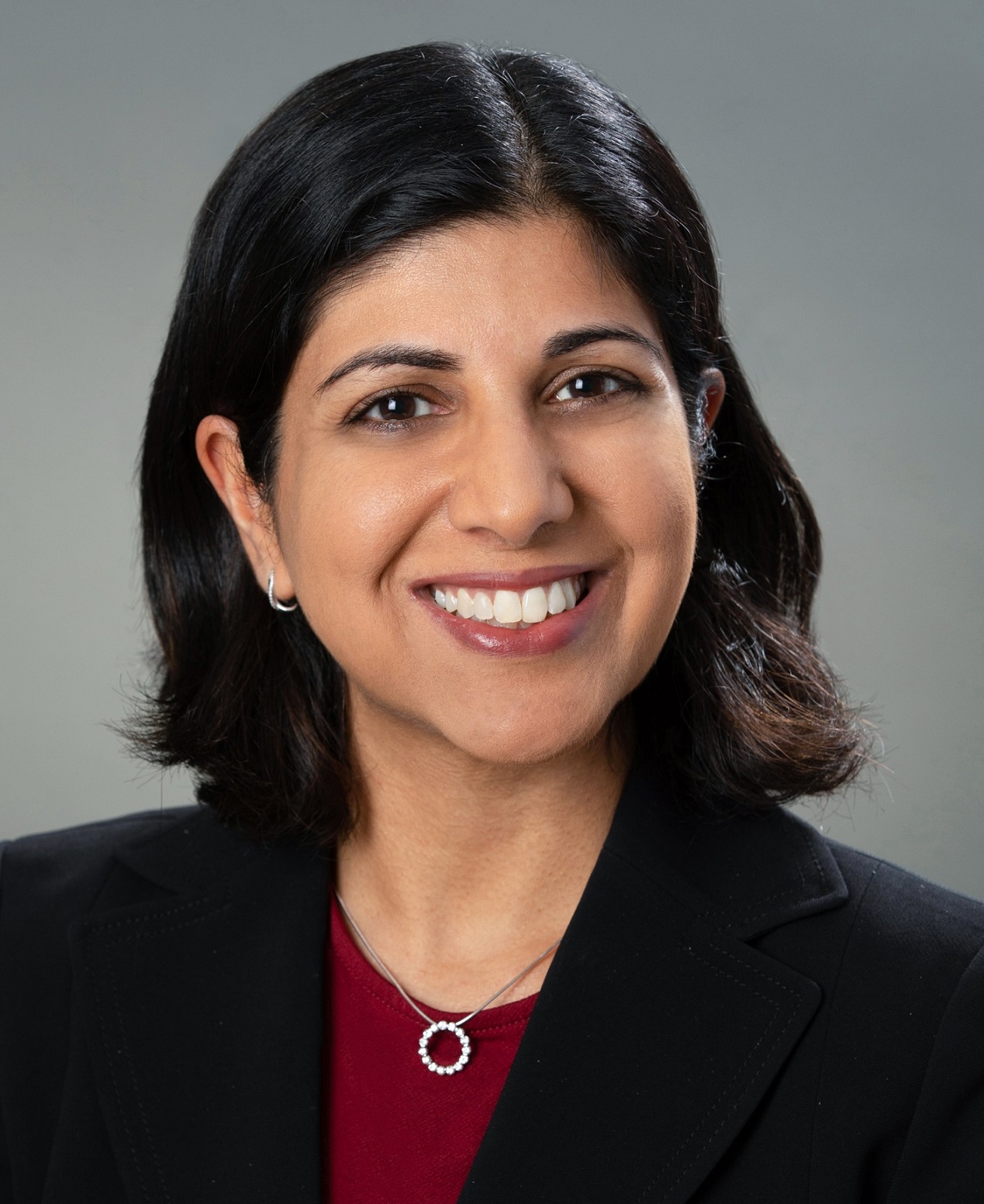

Director of Epidemiology and Biostatistics Course
co-PI, Nephrology U2C/TL1 Grant
Nephrology Fellowship & Education Program
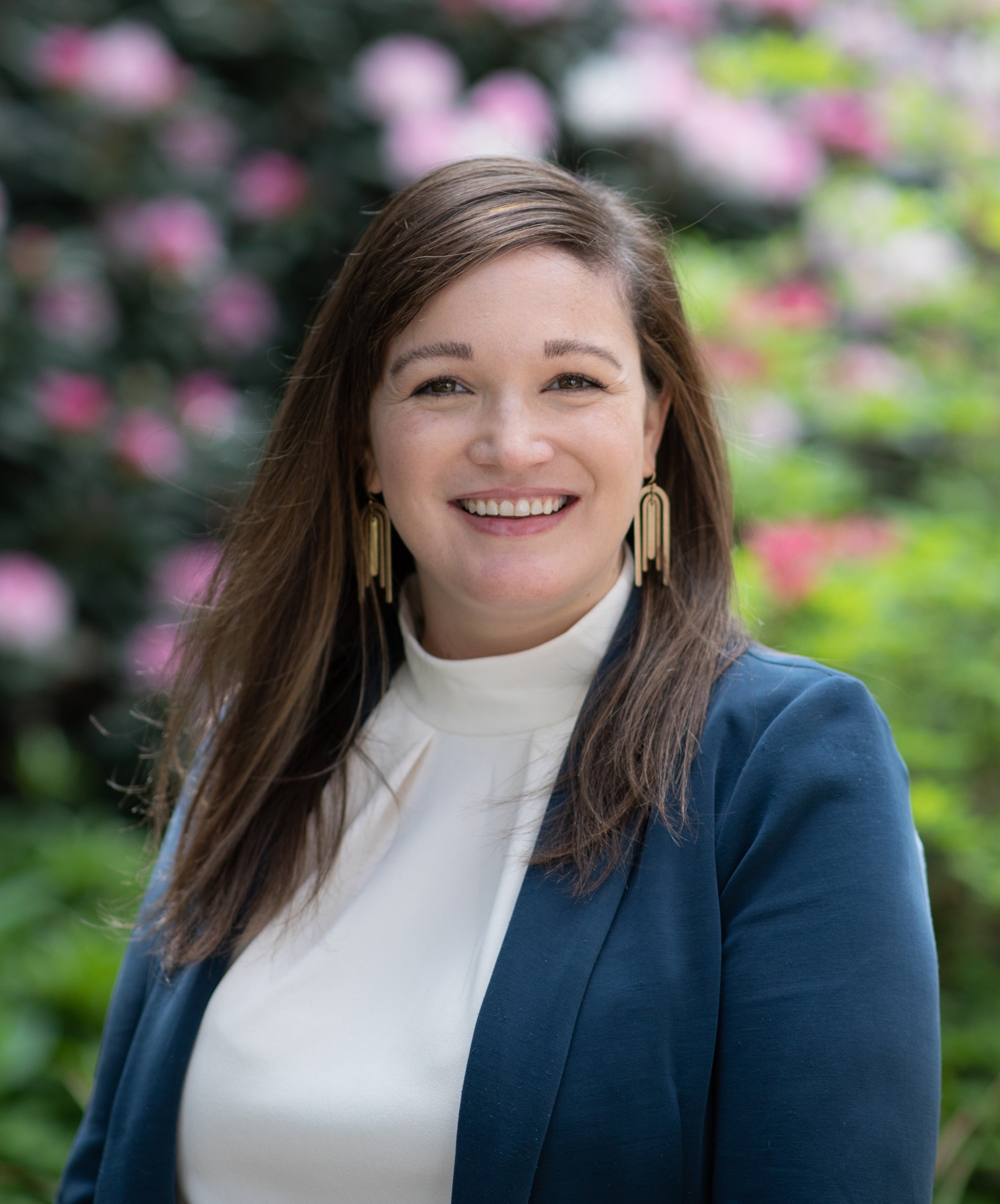
Fellowship & Education Program Administrator
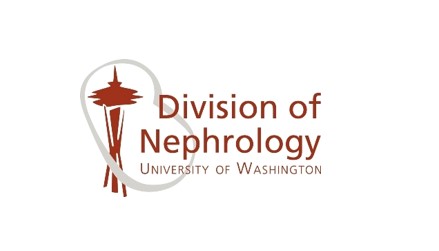
UW Nephrology Fellowship Program
Fellows individualize their training through extensive subspecialty electives, diverse clinic populations, formal didactics and tutorials, and mentored scholarly activity in various areas ranging from glomerular diseases to innovative dialysis technologies.
